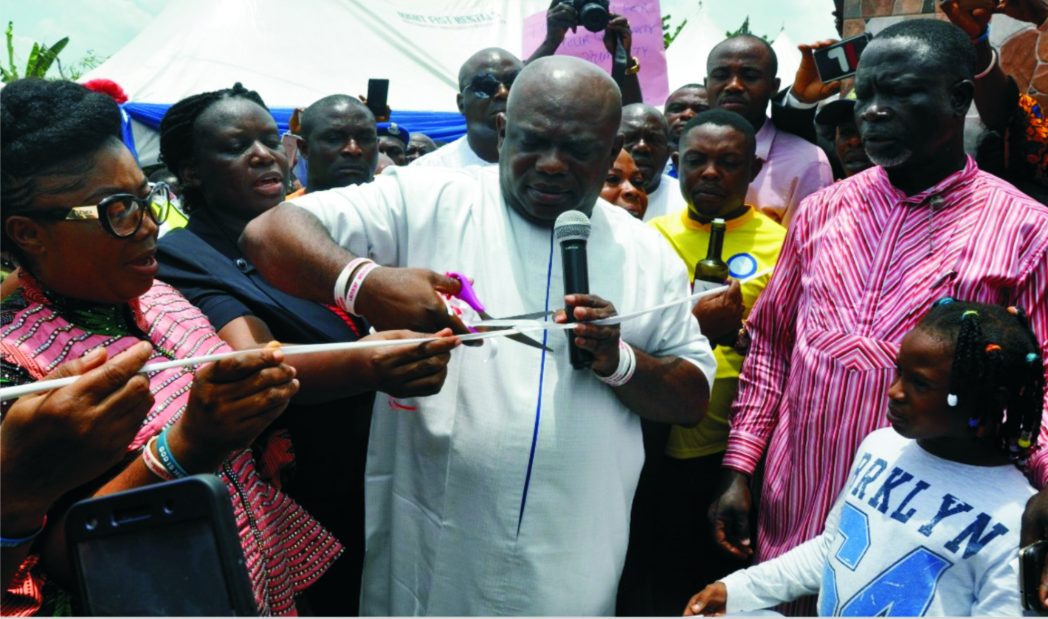Business
LASG Hosts 1st Int’l Coconut Summit, Oct

The Lagos State Government has announced plan to host the 1st ever International Coconut Summit in Nigeria, Oct.22-23, to tap into the global economic opportunities of the coconut value chain.
The Permanent Secretary, Ministry of Agriculture, Dr Olayiwole Onasanya made the disclosure during the inauguration of the Local Organising Committee (LOC) members for the planned event in Lagos, yesterday.
“The summit will increase awareness and sensation on economic potential of coconut value chain; attract high net worth investors into coconut value chain and provide platforms for stakeholders in the value chain to network.
“Ensuring that Nigeria taps from the global economic opportunities of coconut value chain; exposing stakeholders in the coconut value chain in Nigeria to best practices and boosting the foreign exchange earning of the country through coconut potential,” he said.
Onansanya also said that Lagos State is naturally blessed with avalanche of coconut resources of 180km coconut belt, two million trees and large domestic and trans-border markets.
According to him, the state also has innumerable coconut value chain actors with a net worth of N100 billion of trade annually.
He called on LOC members to leave no stone unturned and work in the spirit of comradeship to ensure the success of the summit.
Onansanya said that the state government’s attempt to remove the long chain of bottlenecks in the coconut sub-sector of agriculture informed the promotion of sustainable coconut production, utilisation and commercialisation of the commodity.
He said the ministry, partnering with the Lagos State Coconut Development Authority (LASCODA) and other agency, was rehabilitating coconut grooves and belts, provide ding seedlings, empowering coconut processors among others.
“These achievements call for the organisation of the International Coconut Summit which will be driven by the LOC and hopefully, these references will guide the members.
Meanwhile, Commissioner for Agriculture, Mr Toyin Suarau on behalf of Gov. Akinwumi Ambode inaugurated the LOC and promised total support to ensure the success of the summit.
Business
Fidelity Bank To Empower Women With Sustainable Entrepreneurship Skills, HAP2.0
Business
President Tinubu Approves Extension Ban On Raw Shea Nut Export
Business
Crisis Response: EU-project Delivers New Vet. Clinic To Katsina Govt.
-

 Education4 days ago
Education4 days agoElga boss tasks law students on academics strides
-

 News1 day ago
News1 day agoAmend Constitution To Accommodate State Police, Tinubu Tells Senators
-

 Politics1 day ago
Politics1 day agoSenate Urges Tinubu To Sack CAC Boss
-
Business1 day ago
President Tinubu Extends Raw Shea Nuts Export Ban To 2027
-

 News1 day ago
News1 day agoDisu Takes Over As New IGP …Declares Total War On Corruption, Impunity
-
Business1 day ago
Crisis Response: EU-project Delivers New Vet. Clinic To Katsina Govt.
-

 Business1 day ago
Business1 day agoPENGASSAN Rejects Presidential EO On Oil, Gas Revenue Remittance … Seeks PIA Review
-
Business1 day ago
FG Pushes Cassava Bioethanol Drive To Boost Industrial Growth

